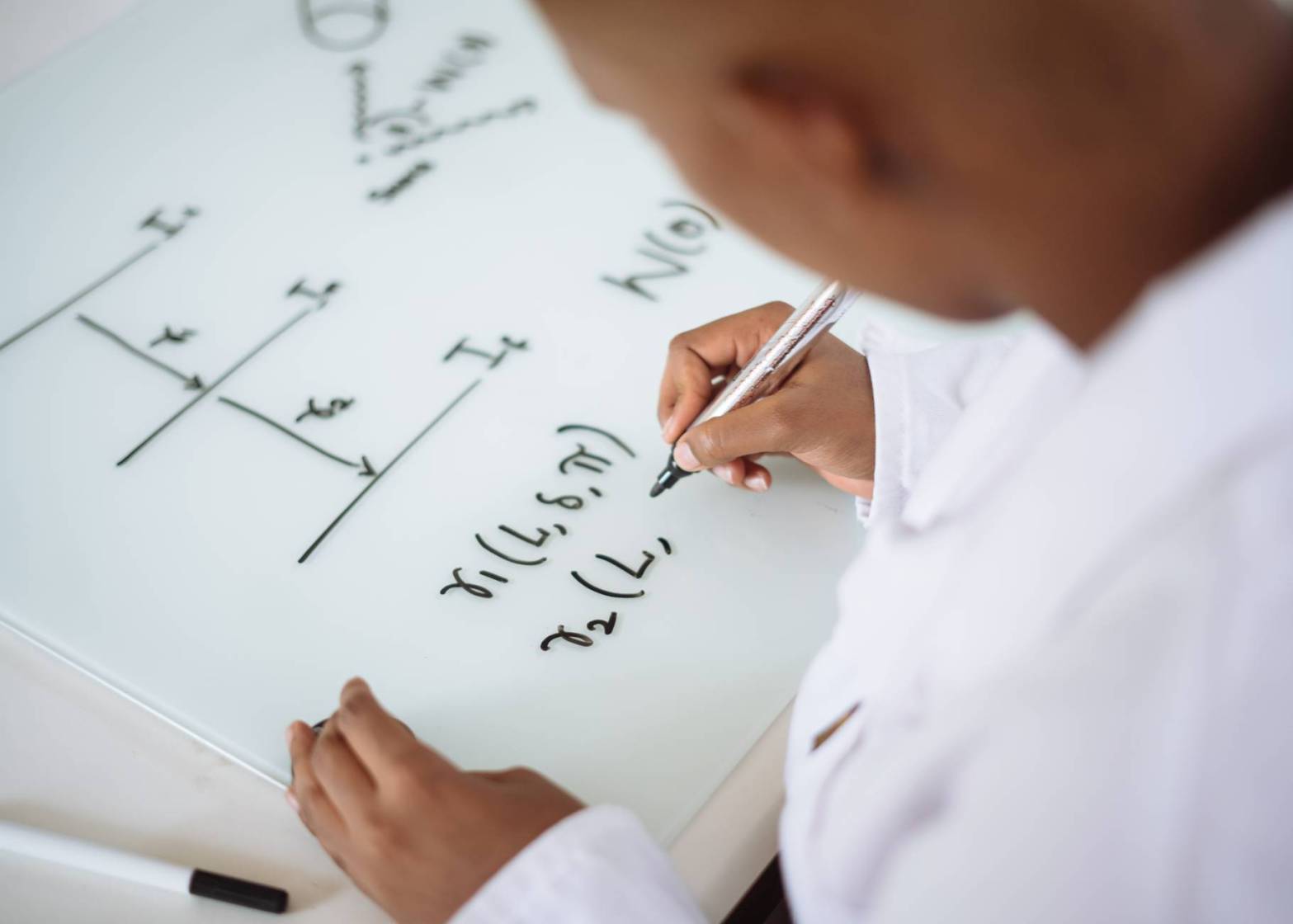I used to believe I was terrible in math as well. My belief was rooted erroneously in a single block of experiences while struggling to learn to add and subtract fractions in fourth grade. I clearly remember my fourth grade teacher, Miss Winton patiently explaining how to add fractions but my fear of making a mistake was louder than her words and all I felt was math anxiety and dread by the time the unit was done. From that point on, I believed I was “bad at math” and I held onto to that belief throughout college and graduate school. I managed to avoid higher level math classes and actively avoided knowing if the beliefs I had at nine years old really had any validity.
Then I began teaching in NYC and had many students from China and Japan in my classes. Most of my students from China had at least a couple of years of formal education in their native country. I began to notice the differences in math ability wasn’t due to a lack of inherent cognitive ability in me but in how these students and their parents approached math as a fun challenge versus a dreaded series of worksheets and exercises. Then, I was invited by a former student’s parent to teach and run a full immersion English language summer camp in the outskirts of Beijing and got an education in why my students from China did so well at math. Perspective. Their cultural perspective towards math was acceptance. They accepted that math can be hard and it is supposed to be challenging at times. They were taught that if they didn’t understand a concept then try a different method or strategy or break the process down to smaller manageable step. I just needed to try a different method. Why hadn’t I done this before? I didn’t believe I was “good” at math and that limited me more than any difficult math concept could. Once I had changed my mindset, I found myself curious as to what else I was missing. I started talking to people who loved math and majored or minored in it and started to see that math isn’t a separate subject but all around us in nature, the sciences, art, architecture, music, in everything. I changed how I thought about math and that resulted in a change in how I understood and taught math. I stopped feeling tense any time I had to attend a math workshop and instead became excited to learn and make those concepts accessible for my students. I was very lucky to discover and change my beliefs before having kids. My kids see the beauty in math and love the challenge, whether it’s finding symmetry in nature or drawing the Fibonacci code expressed in a flower to taking on the challenging of competing in MathCounts, a competitive math team for middle schoolers, or listening to the patterns in a song.
Once I changed my perspective, my world opened up and I no longer avoided certain areas of study because of my math phobia. I began to do things like learning to code and building a website. Our beliefs and our perspective shape our world. Do you believe you’re “bad at math?” Do you follow recipes or cook, maintain a garden, play an instrument or admire the beauty of a single flower? Yes? Then you too love math even if you weren’t aware of it.

